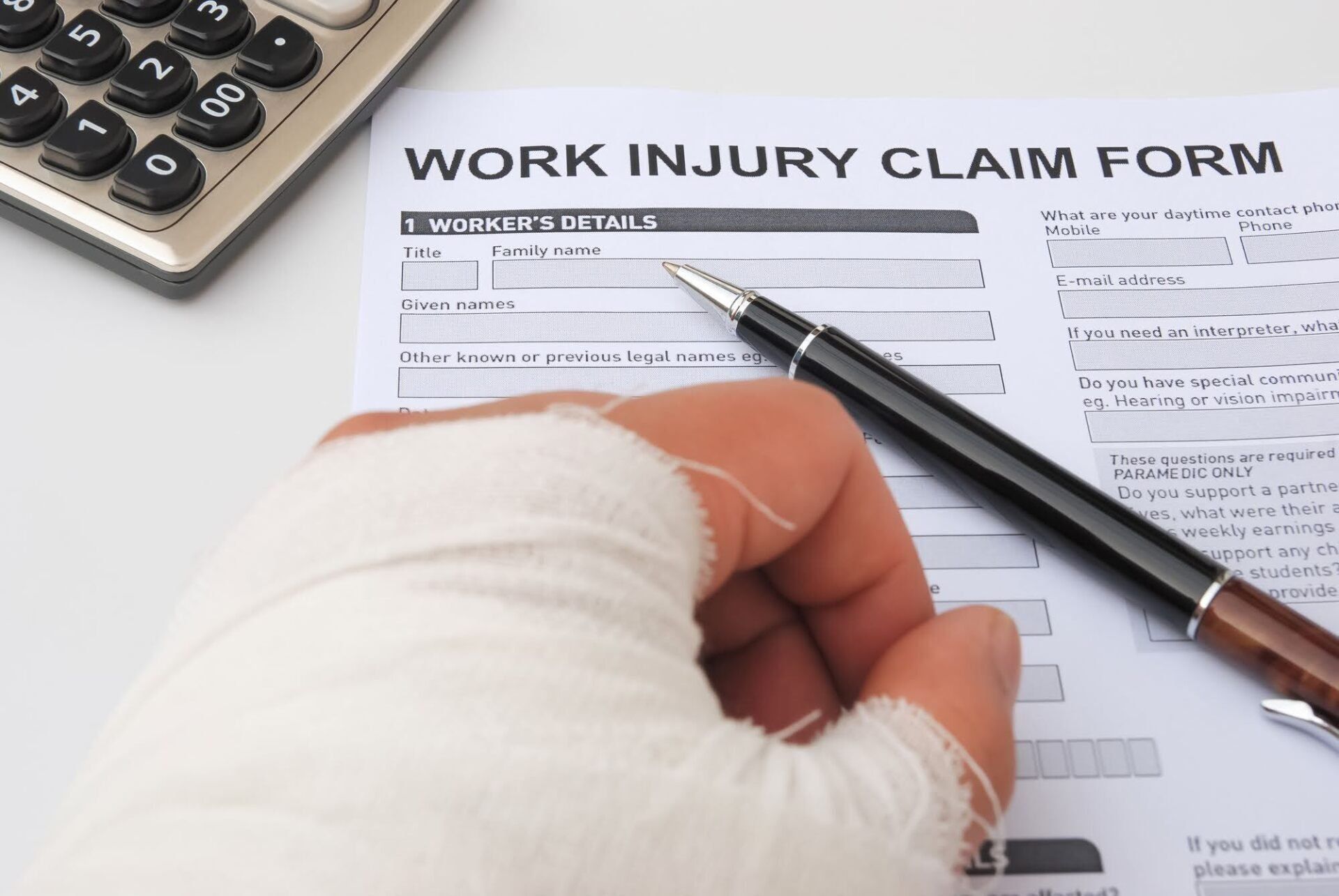
Doctors are only human, and like other humans, they sometimes make mistakes. Some degree of error is expected in medicine, but when your doctor's negligent actions lead directly to your injury or suffering, you might have a valid medical malpractice lawsuit. Sadly, many patients who would have valid lawsuits do not file because of common concerns or misconceptions about medical malpractice cases.
Take a look at these common reasons why people who have been injured by the medical establishment neglect to speak with a lawyer. If you've fallen prey to any of these mistaken lines of reasoning, it may be time to contact an attorney.
1. Your Doctor Is a Good Person, and You Don't Want to Ruin Their Livelihood
Some patients have mental images of their doctors being put out of business because of a medical malpractice lawsuit. Indeed, the Medical Board may revoke the license of a doctor who repeatedly makes the same mistakes, resulting in numerous lawsuits. This is usually best for the safety of the public. A single lawsuit is unlikely to result in your doctor's license being suspended unless this action is deserved.
A malpractice lawsuit won't bankrupt your doctor, either. Doctors are required to carry medical malpractice insurance, which will pay for damages if you win your malpractice case. Doctors rarely pay anything out-of-pocket when sued for malpractice.
Do not put off filing a medical malpractice lawsuit due to concern for your doctor. Your lawsuit won't bankrupt them, and the Medical Board will not automatically suspend their license because of one lawsuit. The Medical Board needs to be made aware of doctors who are not practicing properly, and filing your lawsuit certainly raises this awareness.
2. You Don't Have Any Witnesses
Every case needs witnesses, and a medical malpractice case is no exception. Patients sometimes fail to even speak with a lawyer because they cannot think of anyone who would serve as a witness in their case. But this is not your problem to handle; it's your lawyer's.
Most medical malpractice cases rely on the testimony of expert witnesses. These are doctors who make a living, at least in part, by testifying against other physicians in medical malpractice cases. Their testimony usually consists of arguing that your doctor's actions were not the same actions a responsible doctor would have taken, given the circumstances. This establishes negligence, which is key to winning a malpractice case.
Your lawyer may also contact nurses, other patients and hospital staff and ask them to serve as witnesses for your case. Under no circumstances should you contact these people on your own, anyway, so don't let your assumed lack of witnesses keep you from pursuing a malpractice case.
3. Your Injuries Have Healed, So It Is Too Late
Just because you have since recovered does not mean you can't still file a medical malpractice case against your doctor. As long as you have proof of the pain or injury you were caused and the resulting medical fees and lost wages, the fact that you've since healed does not negate the fact that you were injured due to someone else's negligence.
You do, however, need to file your case within your state's statute of limitations for medical malpractice cases. In Florida, the statute of limitations is two years from the date that the harm was discovered. In some cases, you may be able to file within four years of the date the malpractice act was committed. If you're not sure whether or not you are still within the time limit, speak with a lawyer.
Do not let fear of harming your doctor's career, concern for a lack of witnesses, or timing constraints stop you from at least speaking to a lawyer about your possible medical malpractice case. Contact the attorneys at Law Offices of David A. Helfand P.A
. today. We will listen to your story and tell you whether or not it is worthwhile to pursue your claim.










